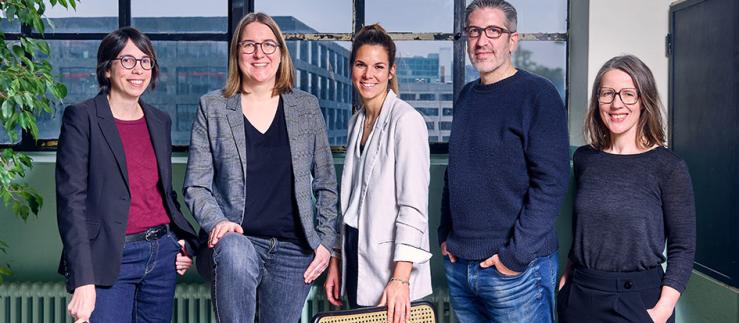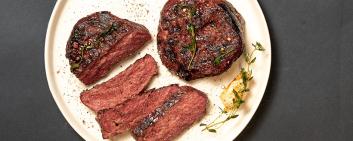Erne Group from Laufenburg in the canton of Aargau and Holinger AG are new investors in Swiss Blue Salmon. The company, which was founded by CEO Ruedi Ryf in 2020, has drawn up plans to construct the world’s most modern land-based recirculation system for salmon farming in Mollis in the canton of Glarus, which at the same time would also be the largest fish farm in Switzerland.
“The efforts of the communities of Glarus Nord and Weesen for optimized development and paving the way for Erne and Holinger to come on board as investors are central steps towards making our proposed facility a reality”, Ruedi Ryf explains in a press release. Daniel Erne, Chairman of the Board of Directors of the Erne Group, expressed his conviction in “this sustainable project and business concept”, adding that: “Sensible projects such as this are required in the fight against climate change. Together with Holinger, we have already implemented many technically demanding hydraulic structures in Switzerland”.
Another investor round for private individuals and organizations will run until the end of the year. In the press release, Swiss Blue Salmon underlines that salmon farming based in the canton of Glarus offers the potential for further future-oriented food projects. For example, local protein suppliers from insect or mushroom farms could provide sustainable feed for the salmon, while waste from beer production could also potentially serve as a source of food. The company is also considering the viability of using fish waste for omega-3 and collagen products as well as animal feed.
“We believe that Glarus salmon will be well received by consumers”, comments Philippe Derungs, who manages the Holinger AG branch office in Zurich. “This could be a growth driver for the whole region”, he adds.







